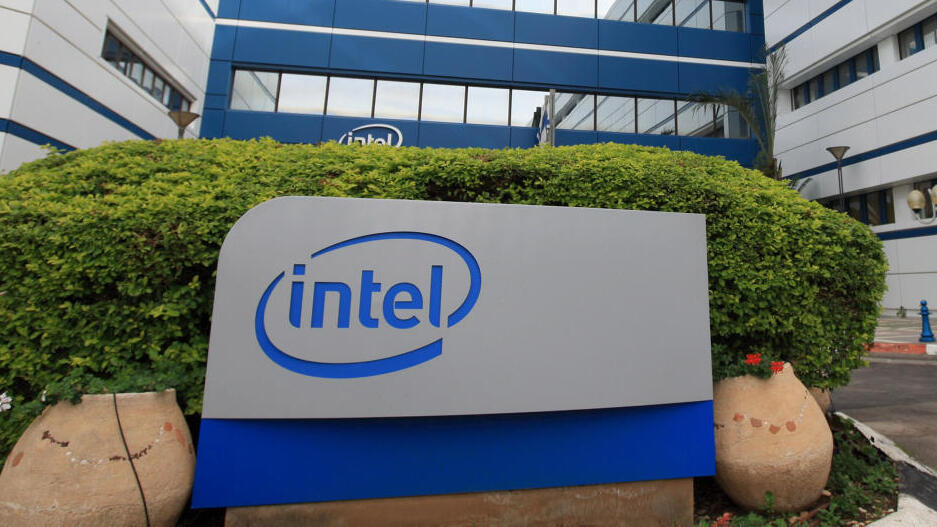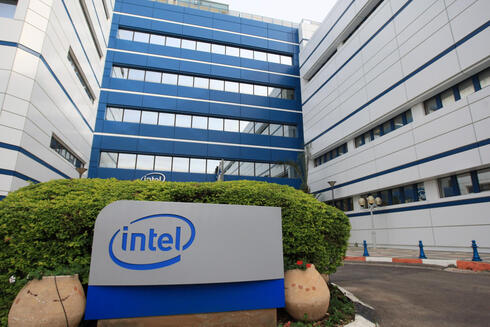
Intel Israel's layoffs are less severe than global cuts, but ambiguity persists
The exact number of job losses remains uncertain due to a decentralized approach to workforce reductions.
As the dust begins to settle from a tumultuous period at Intel Israel, the exact number of employees laid off remains shrouded in ambiguity. Intel's global restructuring plan aimed to reduce its workforce by 15%, approximately 15,000 employees, a move driven by significant financial losses and heightened competition in the semiconductor industry. However, reports indicate that the layoffs in Israel, which had approximately 11,900 employees before the cuts, affected fewer than 1,000 individuals. This figure is considerably lower than the global average, prompting questions about the nuances of Intel's operations in the region and the challenges of transparency in this process.
Intel brings back free coffee, considering return of company cars
The uncertainty surrounding the layoff figures can be attributed to several factors, including the decentralized approach to layoffs and the individual management style employed by Intel’s US-based superiors. While Intel Israel managed many of the cuts, many notifications came directly from higher-ups in the United States. This lack of centralized communication has complicated the effort to determine the full extent of the job losses.
A closer look reveals that the restructuring efforts have already had profound effects. Notably, the shutdown of Granulate, a software optimization company acquired for $650 million in 2022. This decision alone accounted for around 100 layoffs.
Intel’s leadership has consistently framed the layoffs as a necessary step towards achieving long-term viability. CEO Pat Gelsinger has emphasized the need for a “leaner” and “simpler” company to adapt to the changing market. Yet, for employees, this rhetoric has not translated into confidence.
Related articles:
Moreover, the layoff process itself has been fraught with delays and uncertainties. Employees facing redundancy were given the choice of accepting voluntary retirement packages or undergoing formal hearings—a process mandated by Israeli labor law that complicates and prolongs the layoff timeline. This legal framework, while protective of employees, adds another layer of complexity to an already challenging situation for Intel Israel.
